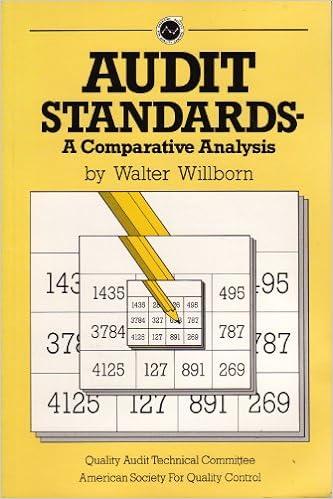Allenton Company is a manufacturing firm that uses job-order costing. The company applies overhead to jobs using a predetermined overhead rate based on machine-hours. At
Allenton Company is a manufacturing firm that uses job-order costing. The company applies overhead to jobs using a predetermined overhead rate based on machine-hours. At the beginning of the year, the company estimated that it would work 31,000 machine-hours and incur $248,000 in manufacturing overhead cost. The following transactions were recorded for the year: a. Raw materials were purchased, $412,419. b. Raw materials were requisitioned for use in production, $409,000 ($388,000 direct and $21,000 indirect). c. The following employee costs were incurred: direct labor, $145,210; indirect labor, $61,356; and administrative salaries, $198,450. d. Factory utility costs, $14,815. e. Depreciation for the year was $121,000 of which $114,000 is related to factory operations and $7,000 is related to selling, general, and administrative activities. f. Manufacturing overhead was applied to jobs. The actual level of activity for the year was 29,067 machine-hours (Hint: you need to compute a predetermined overhead rate to apply overhead). g. The cost of goods manufactured for the year was $783,075. h. Sales for the year totaled $1,107,000 and the costs on the job cost sheets of the goods that were sold totaled $768,990. Required (4 Points): Prepare the appropriate journal entry for each of the items above.
Bakerston Company is a manufacturing firm that uses job-order costing. The company's inventory balances were as follows at the beginning and end of the year:  The company applies overhead to jobs using a predetermined overhead rate based on machine-hours. At the beginning of the year, the company estimated that it would work 33,000 machine-hours and incur $231,000 in manufacturing overhead cost. The following transactions were recorded for the year: Raw materials were purchased, $315,000 (there were no Indirect Materials at this company). The following employee costs were incurred: direct labor, $377,000; indirect labor, $96,000; and administrative salaries, $172,000. Selling costs, $147,000. Factory utility costs, $10,000. Depreciation for the year was $127,000 of which $120,000 is related to factory operations and $7,000 is related to selling, general, and administrative activities. Manufacturing overhead was applied to jobs. The actual level of activity for the year was 31,816 machine-hours. (Hint: you must calculate the predetermined overhead rate per machine hours and use it to apply overhead). Required (3 Points): a. Prepare a schedule of cost of goods manufactured.
The company applies overhead to jobs using a predetermined overhead rate based on machine-hours. At the beginning of the year, the company estimated that it would work 33,000 machine-hours and incur $231,000 in manufacturing overhead cost. The following transactions were recorded for the year: Raw materials were purchased, $315,000 (there were no Indirect Materials at this company). The following employee costs were incurred: direct labor, $377,000; indirect labor, $96,000; and administrative salaries, $172,000. Selling costs, $147,000. Factory utility costs, $10,000. Depreciation for the year was $127,000 of which $120,000 is related to factory operations and $7,000 is related to selling, general, and administrative activities. Manufacturing overhead was applied to jobs. The actual level of activity for the year was 31,816 machine-hours. (Hint: you must calculate the predetermined overhead rate per machine hours and use it to apply overhead). Required (3 Points): a. Prepare a schedule of cost of goods manufactured.
Calculate Cost of Goods Sold (do not close the over- or under-applied Mfg. Overhead).
Was the overhead underapplied or overapplied? By how much?
Raw materials Work in process Finished goods Beginning Balance $14,000 $27,000 $62,000 Ending Balance $22,000 $9,000 $77,000
Step by Step Solution
There are 3 Steps involved in it
Step: 1

See step-by-step solutions with expert insights and AI powered tools for academic success
Step: 2

Step: 3

Ace Your Homework with AI
Get the answers you need in no time with our AI-driven, step-by-step assistance
Get Started


